-
Key Takeaways
-
Part 1: What is CB Certification for Lithium Batteries?+
- 1.1 Definition and Purpose of CB Certification
- 1.2 CB Test Certificate and Its Role in Global Markets
- 1.3 Importance of CB Certification for Lithium Batteries
-
Part 2: Benefits of CB Certification in Global Markets+
- 2.1 Ensuring Compliance with International Standards
- 2.2 Accelerating Market Access for Lithium Batteries
- 2.3 Enhancing Safety and Consumer Confidence
-
Part 3: Core Test Items for Lithium Battery CB Certification+
- 3.1 Electrical Safety Tests
- 3.2 Mechanical Safety Tests
- 3.3 Environmental Adaptability Tests
- 3.4 Thermal Abuse Test and Other Specialized Tests
-
Part 4: The Future of CB Certification in 2025+
- 4.1 Mechanisms for Handling National Differences in CB Certification
- 4.2 Increasing Regulatory Demands in Global Markets
- 4.3 Trends Shaping the Lithium Battery Industry
-
FAQ+
- What is the validity period of a CB test certificate for lithium batteries?
- Can CB certification cover battery packs with modular designs?
- How long does the CB certification process take for lithium batteries?
Understanding CB Certification for Lithium Batteries in 2025
APR 12, 2025 Pageview:19
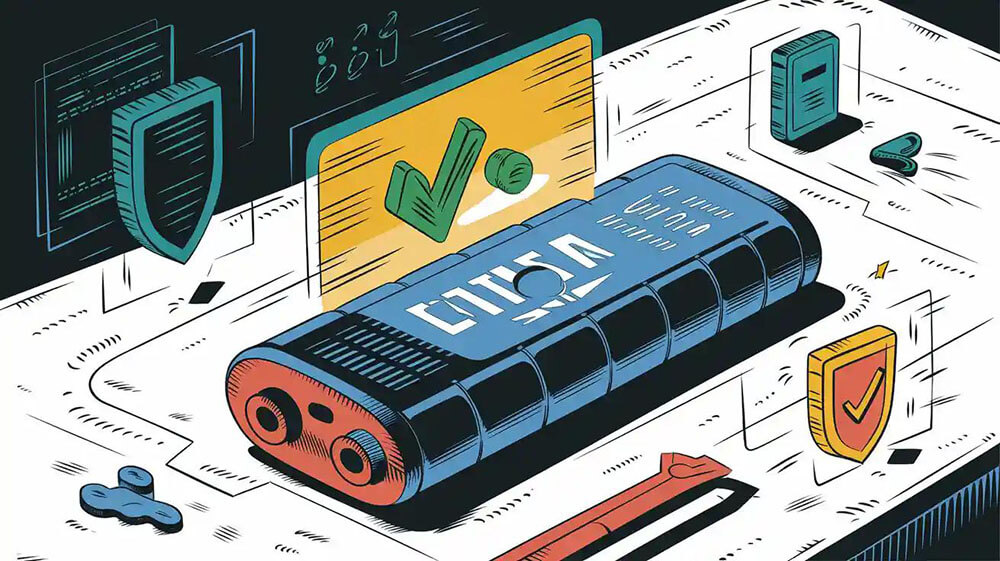
CB certification ensures that lithium batteries meet international safety standards. It plays a critical role in global markets by enabling seamless cross-border trade. In 2025, its importance continues to grow as businesses face stricter procurement policies. For instance:
Over 60% of procurement policies now require dual safety-environmental certifications, projected to rise to 78% by 2025.
Certified batteries experience 3.2 times fewer returns in North America.
Brands leveraging certifications report 18-35% higher conversion rates for handheld device and survey equipment batteries.
These trends highlight why you must prioritize CB certification to remain competitive.
Key Takeaways
CB certification is important for lithium batteries. It ensures they follow global safety rules and helps them sell worldwide.
Getting a CB test certificate lowers the chance of product issues. It also makes buyers trust the product more, increasing sales.
Keeping up with rule changes and working with certifiers can make the process easier and keep products competitive.
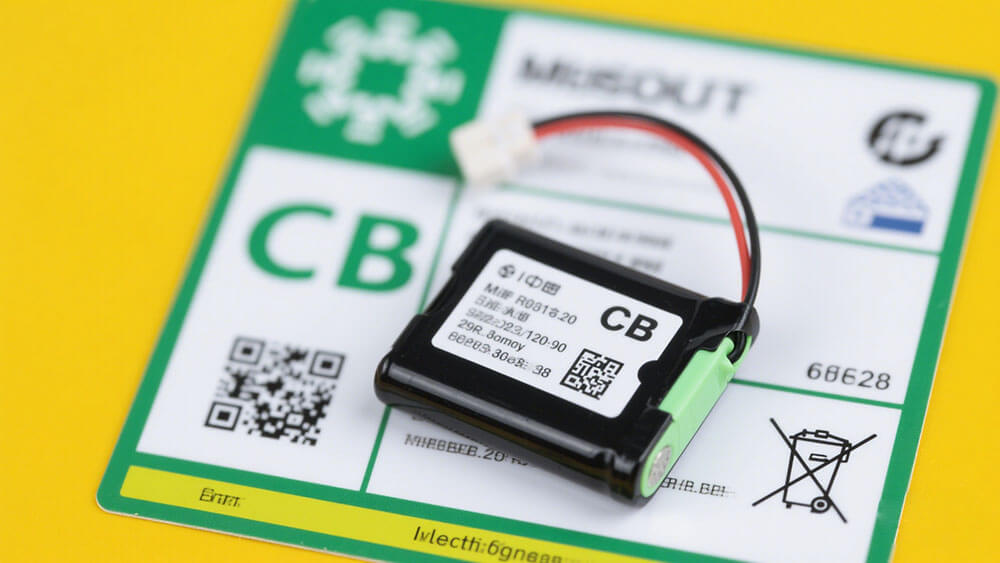
Part 1: What is CB Certification for Lithium Batteries?
1.1 Definition and Purpose of CB Certification
CB certification is an internationally recognized system under the IECEE CB scheme. It facilitates the acceptance of test results for electrical products, including lithium batteries, across multiple countries. This certification ensures that your products meet international safety and performance standards. For lithium batteries, CB certification verifies compliance with critical safety protocols, reducing risks associated with electrical failures. By obtaining this certification, you streamline the process of entering global markets while ensuring product reliability and safety.
1.2 CB Test Certificate and Its Role in Global Markets
The CB test certificate is a document issued after a product passes rigorous testing under the IECEE CB scheme. It serves as proof that your lithium batteries comply with international product certification. This certificate simplifies the process of obtaining national certifications in various countries, saving time and resources. For businesses, the CB test certificate acts as a passport, enabling smoother entry into global markets. It also demonstrates your commitment to quality and safety, which is crucial for building trust with international clients and partners.
1.3 Importance of CB Certification for Lithium Batteries
The importance of international certification, such as CB certification, cannot be overstated in today’s competitive landscape. Lithium batteries are integral to industries like medical products, energy storage. Ensuring their safety and performance is critical. CB certification not only enhances consumer confidence but also helps you meet the stringent requirements of global markets. It reduces the likelihood of product recalls and strengthens your brand’s reputation. By prioritizing CB certification, you position your business as a reliable supplier in the international market.
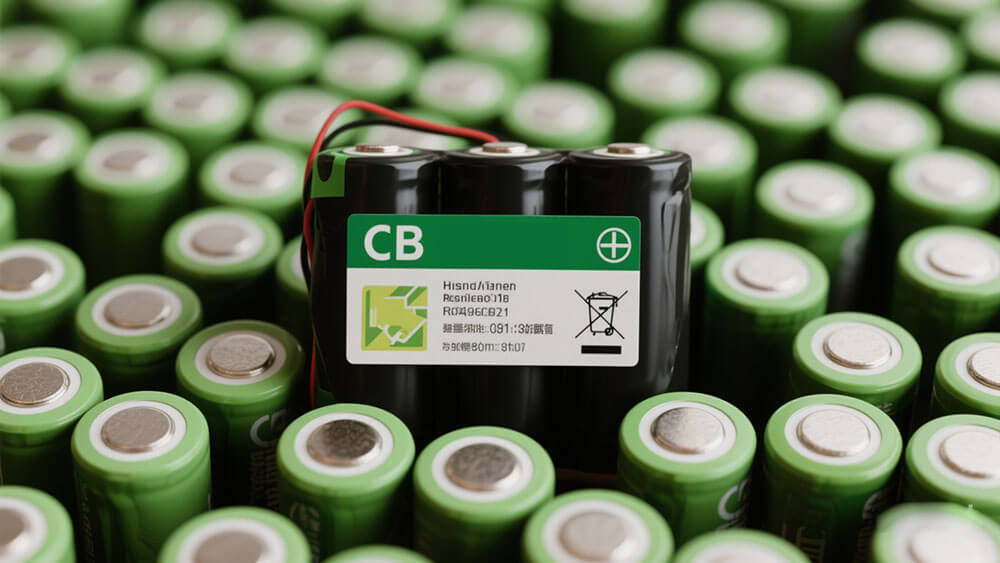
Part 2: Benefits of CB Certification in Global Markets
2.1 Ensuring Compliance with International Standards
CB certification ensures your lithium batteries meet international standards, such as those outlined in the IECEE CB scheme. This compliance reduces the risk of legal issues and enhances your credibility in global markets. For example, the IEC 62133 standard now emphasizes a risk-based approach, holding manufacturers accountable for product safety. Additionally, the reintroduction of vibration and shock testing under IEC 62133-2 addresses mechanical robustness, a critical factor for consumer protection. By adhering to these rigorous standards, you demonstrate a commitment to safety and reliability, which strengthens your position in international markets.
2.2 Accelerating Market Access for Lithium Batteries
CB certification simplifies the process of entering global markets by streamlining regulatory approvals. The CB test certificate acts as a universal passport, allowing you to bypass redundant testing in multiple countries. This efficiency reduces costs and accelerates market access. For instance, certified products enjoy global acceptance, enabling manufacturers to sell in numerous countries without additional certifications. Distributors also prefer certified products, fostering stronger business partnerships. By leveraging the IECEE CB scheme, you can expand your market reach while minimizing delays and expenses.
2.3 Enhancing Safety and Consumer Confidence
Safety remains a top priority in the lithium battery industry. CB certification ensures your products undergo rigorous testing, reducing the risk of accidents and recalls. This not only protects consumers but also enhances your brand reputation. According to industry data, certified batteries experience fewer recalls and demonstrate higher reliability. The certification mark symbolizes quality and safety, boosting consumer trust. By prioritizing certification, you position your business as a leader in delivering safe, high-quality lithium batteries to global markets.
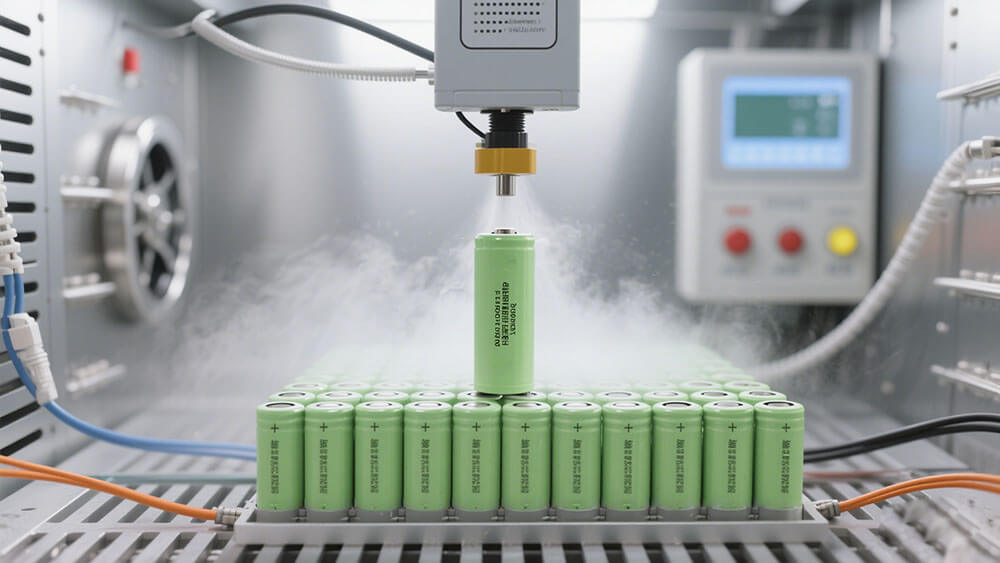
Part 3: Core Test Items for Lithium Battery CB Certification
3.1 Electrical Safety Tests
Electrical safety tests ensure that lithium batteries meet the stringent requirements of the IECEE CB scheme. These tests evaluate the battery's performance under various electrical conditions, such as overcharging, forced discharge, and short circuits. For instance, the overcharge test subjects the battery to prolonged charging beyond its capacity to confirm it does not overheat or explode. Similarly, the external short circuit test assesses the battery's ability to recover safely from a short circuit. These tests are critical for product safety certification, as they validate the battery's reliability and compliance with international standards. By passing these tests, you demonstrate your commitment to delivering high quality and safety in global markets.
Overcharge Test
Charge the battery at 2.5 times the manufacturer’s specified current to verify the effectiveness of the protection circuit (no fire or explosion).
External Short Circuit Test
Short-circuit the battery’s terminals with low resistance (≤80 mΩ) at 20°C or 55°C until the temperature drops by 20% or for 24 hours.
Forced Discharge Test
Reverse discharge of individual cells in a multi-cell battery pack to test tolerance (no leakage or explosion).
3.2 Mechanical Safety Tests
Mechanical safety tests assess the durability of lithium batteries under physical stress. These include vibration, crush, and free fall tests. For example, the vibration test simulates conditions during transportation to ensure the battery remains intact. The crush test evaluates the battery's stability when subjected to external forces, while the free fall test examines its resistance to free fall of objects. These tests are essential for ensuring the battery's structural integrity and safety during handling and use. A CB test certificate confirming compliance with these tests enhances your product's credibility in international markets.
Crush Test
Apply 13 kN of force (area ≥20 cm²) to a fully charged battery to simulate extreme physical damage (no fire or casing rupture).
Free Fall Test
Drop the battery from 1 meter onto a concrete surface, once for each face (3 times total), ensuring structural integrity.
Vibration Test
Vibrate the battery at 10–55 Hz for 90 minutes to verify stability during transportation.
3.3 Environmental Adaptability Tests
Environmental adaptability tests measure how well lithium batteries perform under extreme environmental conditions. These include altitude simulation, thermal shock, and temperature cycling tests. For instance, the altitude simulation test evaluates the battery's safety at low pressures, while the thermal test assesses its functionality under rapid temperature changes. Compliance with these tests is crucial for meeting international regulations like the UN Transport of Dangerous Goods standards. By ensuring your batteries can withstand diverse environments, you open new export opportunities and strengthen your position in global markets.
Temperature Cycling Test
Expose the battery to alternating temperatures (-20°C to 70°C, 30 minutes per extreme) for 5 cycles, then observe safety after 7 days of rest.
Low-Pressure Test
Simulate air transport conditions (11.6 kPa, ~1.16 atm) for 6 hours (no leakage or explosion).
Constant Damp Heat Test
Store the battery at 40°C and 95% humidity for 7 days to validate moisture resistance.
3.4 Thermal Abuse Test and Other Specialized Tests
Thermal abuse tests verify the battery's safety under extreme heat. For example, cells are placed in an oven at 130°C to ensure they do not catch fire or explode. Other specialized tests, such as electrostatic discharge test and high-rate charge protection tests, further validate the battery's safety and compliance. These rigorous evaluations are vital for obtaining a CB test certificate, which simplifies market expansion by demonstrating adherence to international safety standards. Partnering with a reliable certification service provider ensures your batteries meet these requirements efficiently, enhancing your reputation for quality and safety.
Thermal Abuse Test
Place a fully charged battery in a 130°C environment for 10 minutes; no thermal runaway or explosion is allowed.
Specialized Tests
Electrostatic Discharge (ESD) Test
Evaluate tolerance to electrostatic discharge (air discharge: ±8 kV, contact discharge: ±4 kV).
High-Rate Charge Protection Test
Simulate high-current charging under charger failure to verify protection mechanisms.
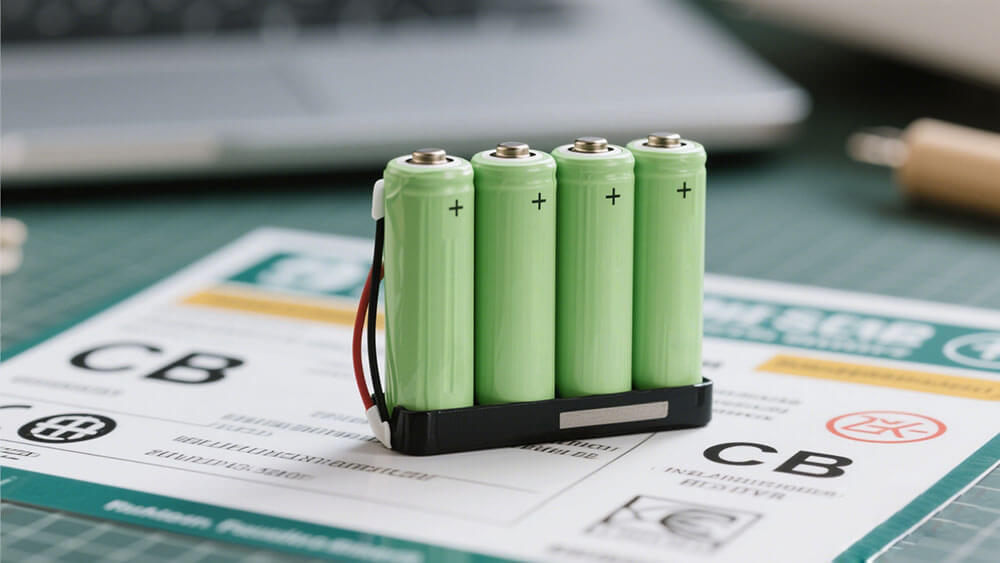
Part 4: The Future of CB Certification in 2025
4.1 Mechanisms for Handling National Differences in CB Certification
Navigating national differences in CB certification remains a challenge for businesses in 2025. While the IECEE CB scheme promotes harmonization, countries often impose additional requirements. For instance, some nations mandate supplementary tests or documentation to address unique safety concerns. To overcome these hurdles, you should collaborate with certification bodies that specialize in international compliance. Leveraging their expertise ensures your lithium batteries meet both global and local standards. Additionally, adopting modular designs for battery packs can simplify adjustments for country-specific regulations, reducing time-to-market.
4.2 Increasing Regulatory Demands in Global Markets
Regulatory demands for lithium batteries have surged due to advancements in electric vehicles and renewable energy storage. Key regulations like UNECE R100 and the EU Battery Regulation (2023) now require stricter safety and sustainability compliance. These changes drive the need for CB certification to meet evolving standards.
Regulation/Metric | Description | Impact on Certification Demand |
|---|---|---|
UNECE R100 | EV battery safety regulation adopted by 54 countries | Requires mandatory tests, influencing design choices |
EU Battery Regulation (2023) | New compliance requirements for battery emissions | Drives manufacturers towards certification |
Projected Market Growth | Energy storage certification market growth at 14.7% CAGR from 2023 to 2030 | Reflects rising demands linked to renewable energy integration |
Staying ahead of these regulations ensures your products remain competitive in global markets. Partnering with experienced testing labs can help you navigate these complexities efficiently.
4.3 Trends Shaping the Lithium Battery Industry
The lithium battery industry continues to evolve rapidly, influencing the demand for CB certification. The global battery market is projected to exceed $300 billion by 2028, growing at a CAGR of 14.5%. This growth is fueled by the increasing adoption of electric vehicles and energy storage systems. In China alone, production and sales of new energy vehicles rose by over 200% year-on-year in the first half of 2025. Power battery output reached 74.7 GWh, marking a 217.5% increase.
These trends highlight the critical role of CB certification in ensuring safety and compliance. As the industry expands, you must prioritize obtaining a CB test certificate to meet international standards and capitalize on emerging opportunities.
CB certification remains essential for lithium batteries in global markets. It ensures compliance with international standards, enhances safety, and facilitates market access. To succeed in 2025, you should adopt strategies that streamline certification processes.
Strategy Type | Description |
|---|---|
Standard Operating Procedure (SOP) | Develop SOPs for battery pack processes to meet safety and performance standards. |
User Interface Development | Create user-friendly interfaces for rebalancing machines to improve technician efficiency. |
Data Retention and Optimization | Implement data management strategies to secure and optimize diagnostics data. |
Engage with certification bodies early and stay updated on regulatory changes. These steps will help you secure your certificate efficiently and maintain a competitive edge.
FAQ
What is the validity period of a CB test certificate for lithium batteries?
The CB test certificate does not expire. However, updates to international standards may require retesting to maintain compliance with evolving regulations.
Can CB certification cover battery packs with modular designs?
Yes, CB certification can include modular battery packs. Ensure the design complies with IEC standards and undergoes testing for safety and performance.
How long does the CB certification process take for lithium batteries?
The process typically takes 4-8 weeks. Timelines depend on product complexity, testing requirements, and the certification body's efficiency.
- Prev Article: no more
- Next Article: How to Pick the Perfect Golf Cart Battery for Your Needs
Leave Message
Hottest Categories
-
Hottest Industry News
-
Latest Industry News











